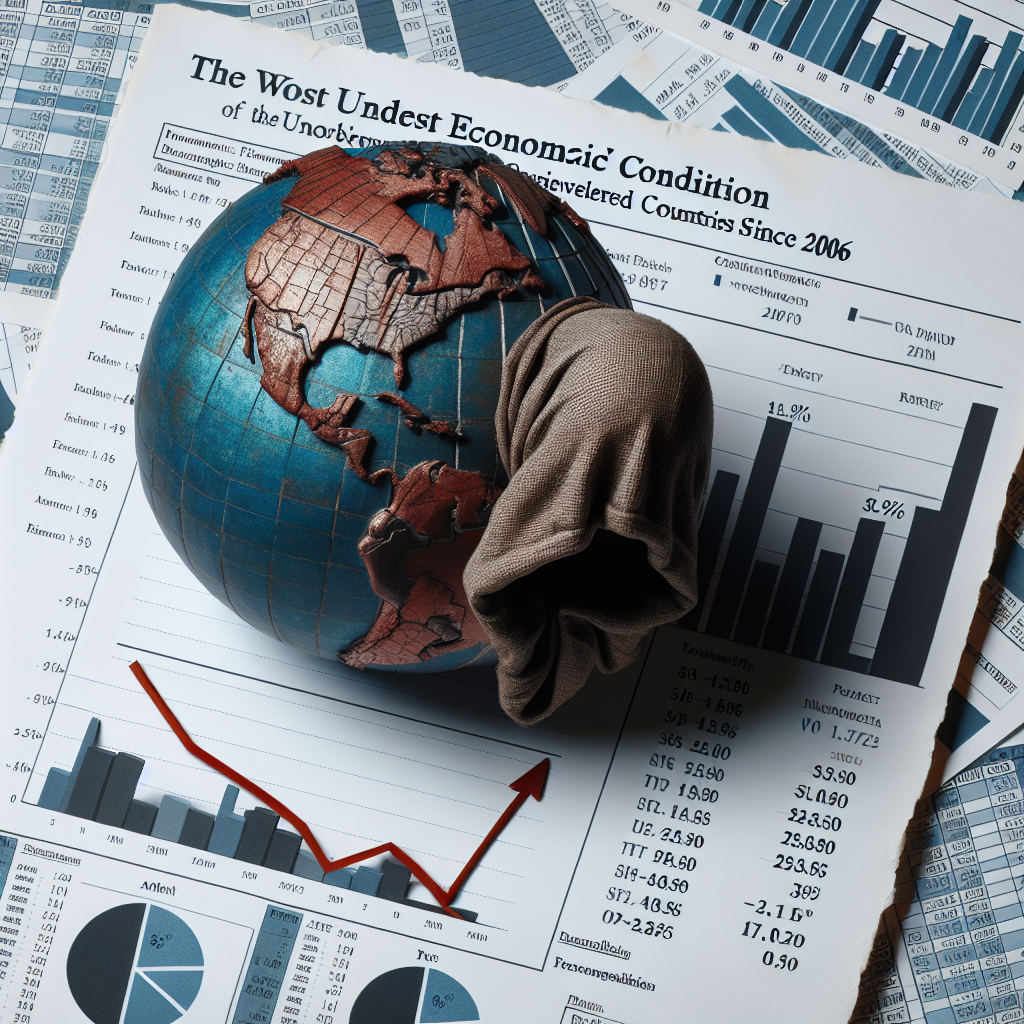World Bank Reports Worst Financial State for Poorest Nations Since 2006
World Bank Reports Worst Financial State for Poorest Nations Since 2006

Overview
The World Bank has released a concerning report highlighting the dire financial situation of the world’s poorest nations, marking the worst state since 2006. This alarming trend is attributed to a combination of global economic challenges and internal fiscal mismanagement.
Key Factors Contributing to the Crisis
- Global Economic Slowdown: The lingering effects of the COVID-19 pandemic and geopolitical tensions have slowed global economic growth, impacting poorer nations disproportionately.
- Rising Debt Levels: Many low-income countries are grappling with unsustainable debt levels, limiting their ability to invest in essential services and infrastructure.
- Inflation Pressures: Inflation has surged worldwide, eroding purchasing power and increasing the cost of living for vulnerable populations.
- Climate Change Impacts: Extreme weather events and climate-related disruptions have further strained the resources of these nations.
Implications for Development
The financial distress faced by these countries poses significant challenges to their development goals. Key areas affected include:
- Healthcare and Education: Limited funding for essential services threatens progress in health and education sectors.
- Infrastructure Development: Inadequate investment in infrastructure hampers economic growth and connectivity.
- Poverty Alleviation: Rising poverty levels could reverse years of progress in reducing poverty and inequality.
World Bank’s Recommendations
To address these challenges, the World Bank suggests several measures:
- Debt Restructuring: Implementing comprehensive debt relief programs to provide fiscal space for development.
- International Support: Increased financial aid and technical assistance from developed nations and international organizations.
- Policy Reforms: Encouraging structural reforms to improve governance and economic resilience.
- Climate Adaptation: Investing in climate-resilient infrastructure and sustainable practices.
Conclusion
The World Bank’s report underscores the urgent need for coordinated global efforts to support the world’s poorest nations. Addressing the financial challenges they face is crucial for ensuring sustainable development and improving the quality of life for millions of people. Without immediate action, the progress made over the past decades could be at risk, necessitating a renewed commitment to international cooperation and support.

















